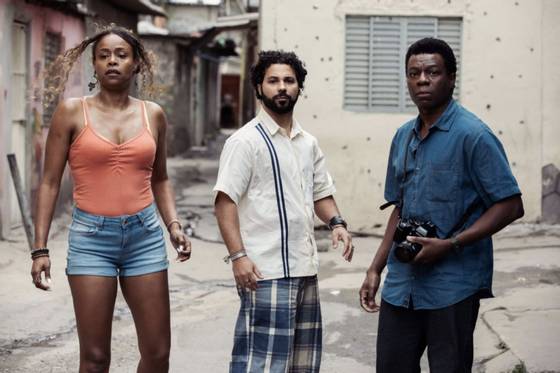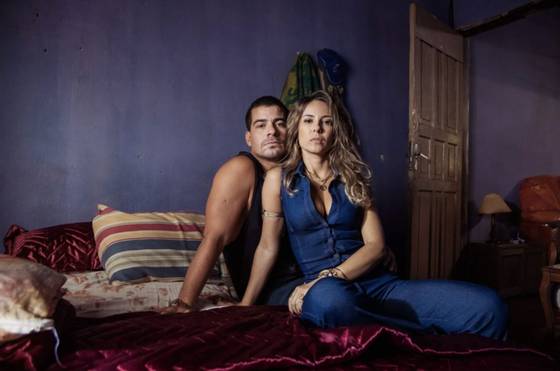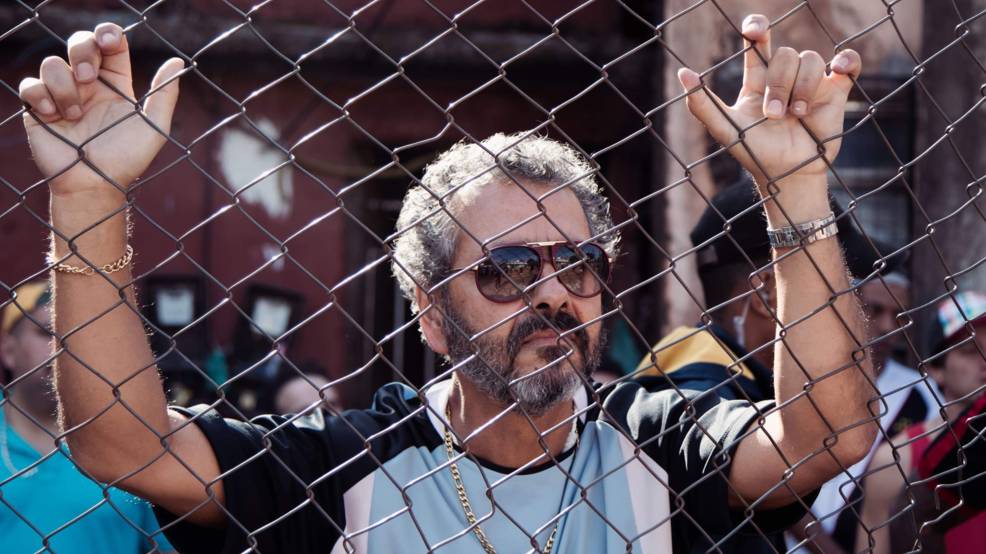Something had to be done with city of god. One thing that this century has taught us is that we cannot just leave something behind. If it was a hit, is a cult phenomenon or is something latent with the ability to awaken a new vision of contemporary times, then it is guaranteed to be revived. There is always the excuse of a new audience, but the main reason remains to feed a large segment of the public that does not know how to grow, that is obsessed with knowing the new through a constant revisiting of the old. The word nostalgia is key; comfort and security are others that quickly appear here.
Examples abound and sometimes it is enough to go back a few weeks. Extraterrestrial: Romulus It comes with the label “for a new audience”, in a mix of the desire to reintegrate the franchise into the present, topped off with the idea of a new story. For this we will look for someone who has already done it well, Fede Álvarez –Evil Dead-, and the good thing is not so much the two ideas of the previous sentence, but something else: creating the new from solutions of the old. There is creativity and talent in this, of course, that is why there are so many bad and poorly done things, or that simply do not understand the objective. But “the new public” is a lie, what they want is to drink from the conformism of a -now- accumulation of generations that prefer to rehabilitate the memory of when they were a demanding and curious consumer. It is like that with all entertainment.

© Max
City of God has already been celebrated in various ways, whether with a television series – the spinoff City of Men from 2007, still with the active hand of Fernando Meirelles – or the documentary City of God: 10 years later. City of God: The struggle does not stop (Fernando Meirelles is just a producer) is another example of the past that haunts us. The film was released just over two decades ago and, These six episodes, the first of which is now available on Max, also take place two decades after the events of the film. It’s City of God in the 21st century, curiously, more or less at the time when the film was released. If you want to be very boring, it’s as if the miniseries also tried to situate the Rio de Janeiro that existed when the film was released, bringing out more memories.
However, it is not worth going there. Perhaps it answers essential questions. How: It is worth seeing City of God: The struggle does not stop? City of God, the original, is worth rewatching, even for reasons of economy: its 130 minutes are more effective than the nearly six hours of the miniseries. Here’s the rub: while the central projection is well crafted and relies – rightly – on viewers wanting to know how some of those characters were imagined for a reality show twenty years later, this reality show is not a new reality show, but a regurgitation of a new timeline to do exactly the same things.

©Maximum
The warnings come as soon as we hear Buscapé (Alexandre Rodrigues) searching for clichés: he left the favela but the favela did not leave him. It is the line that serves to justify everything we know about him now and in the twenty years since. Buscapé became a photojournalist, in part thanks to something that happened at the origin of everything: a photograph he took in city of godThe film. This photo was the reason to be seen, to have an exit to the City of God and to see the world. But, like a puppet of himself, Buscapé was trapped in the same scenario, he is a photojournalist specialized in favelas, because he knows their ins and outs, how they work and how they get along with people. Basically, he is an expert.
One that serves to create empathy with this. city of god Twenty years later, which serves to show that Buscapé still goes to his mother’s house for lunch, that his daughter lives with her, and that some of Buscapé’s characters and friends took the life lessons from the film to heart and shaped their lives with noble causes to make Cidade de Deus a better place for its people. The first episode feeds heavily into this, an aspirational idea around some characters that the audience will still remember and the desire to do something positive in the community and all. Who doesn’t have a certain fondness for these things?

© Max
The first episode moves things forward in a boring exercise of constant celebration of the past. It’s a premium recap of city of god And that sets you up for what comes next: more of the same. Basically, Valdemar Bradock (Thiago Martins) is released from prison and feels rejected by his godfather, Curió (Marcos Palmeira), the boss of the present. By rejected I mean that he can’t find a job, which is striking in order to return to his old life and start his life over again. Feeling excluded from the family. Without half measures – and in record time – he begins to exploit the weaknesses of his rivals, reactivate contacts with arms suppliers and instigate some local unrest to start a civil war in Cidade de Deus.
This idea of this permanent state is then, once again, the core of city of godthe miniseries. Feeding off – and feeding the audience – the usual ideas, that most of the people who live in Cidade de Deus are good people, with normal lives, constantly subject to the will of criminal groups with an insatiable territorial thirst. More of the same, which does not ignore how a story like this should be told in 2024 (more female characters, more political flavor, more funk), but which is still more of the same. Predictable.
Source: Observadora
